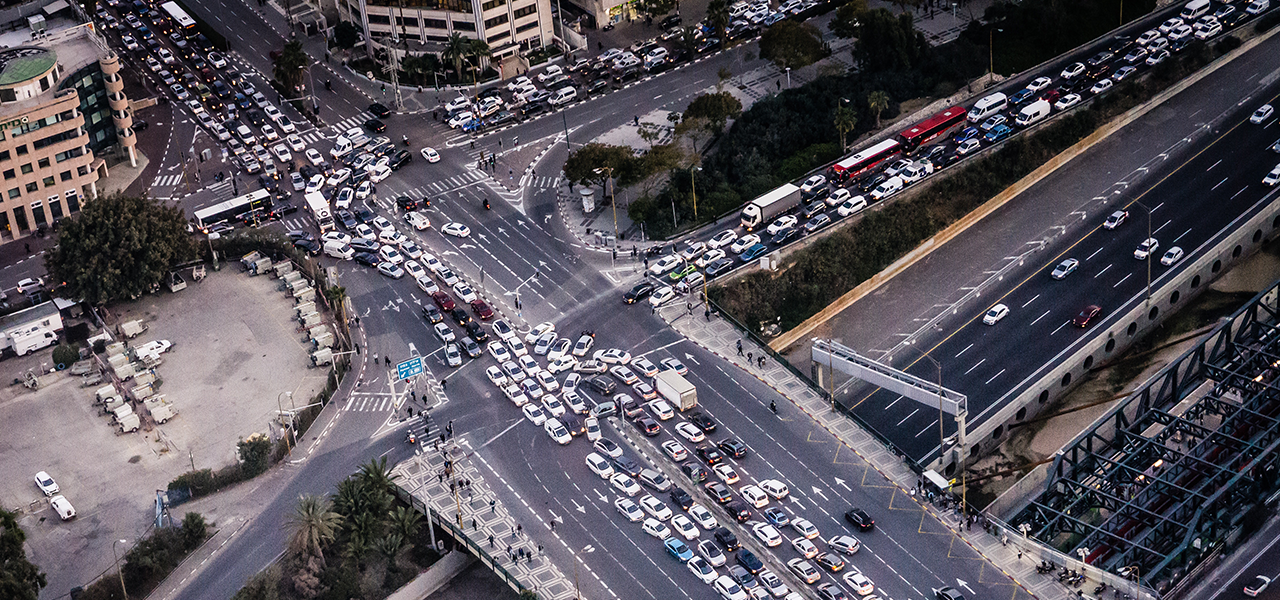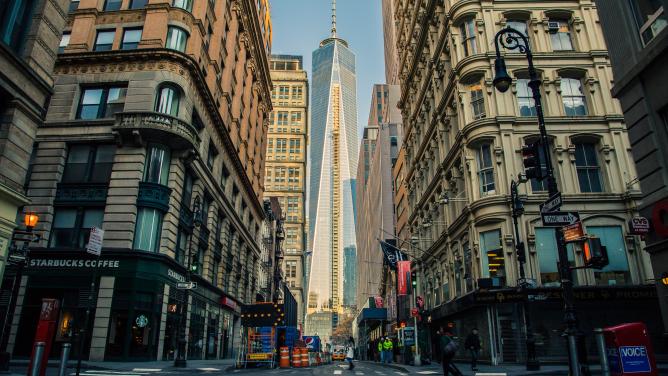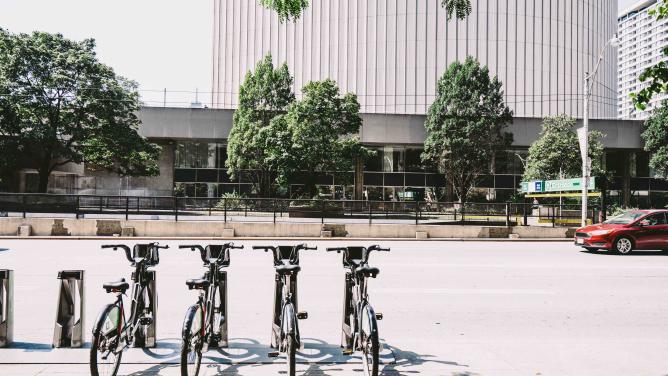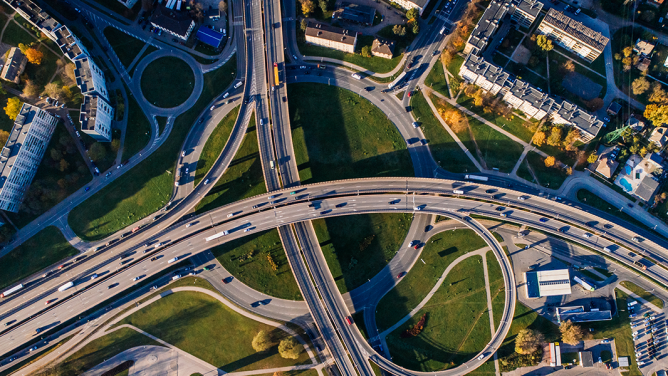
For a good introduction to the topic, look no further than the conference held at the Institut Français du Luxembourg from the mathematician Paola Goatin. Beyond the theory, it’s the burning question for infrastructure managers and communities. The transport analytics experts INRIX estimate that traffic jams will cost France a loss of €350 billion over the next 16 years… And it’s an assessment that’s driving startups and manufacturers to lean on maths and data to come up with solutions.
Back in summer 2017, the French highways reached a peak of 700km worth of traffic jams. Fortunately, “intelligent” highways now have the solution. For Panasonic, the future can be found not only in connected vehicles, but also in the communication between vehicles and infrastructure. With this in mind, the Japanese group have received authorization to build 90 miles of “Smart Highway” in Colorado. Presented during CES, the stretch of road will see four times as much traffic while still reducing jams. To make this miracle a reality, Panasonic is relying on technology such as V2X (vehicle-to-everything), radars (79Ghz) and image-recognition technology integrating deep learning….
On a different note, Waycare are striving to become the platform dedicated to traffic management optimization. The startup incorporates a maximum amount of data sources in order to best respond to traffic jams. With sensors situated throughout infrastructures, OBD (on-board diagnostics) devices, navigation apps and open data on the city and the weather, the app can be customized in every given way, depending on datasets available. AI software then uses this data to give those managing infrastructures the solutions to react faster and give a predictive insight, like for traffic crash prevention, traffic flow optimization and automated incident identification. The possibilities are endless… Waycare first came to life in Israel, and in October 2017, they raised $2.3 million to finance development, with funding from Spider Capital and the German energy company, Innogy. Today, the company has put its money where its mouth is, rolling-out its system in Las Vegas. The result? Nevada Highway Patrol saw accident response times reduce by 12%….
Meanwhile, Volkswagen are showing future potential by trying their hand at quantum computing to fight Beijing’s saturated roads. The significant volume of data to process in real time provides a good testing ground for this rather emerging technology. The manufacturer aims to optimize journeys made by the capital’s 10,000-strong fleet of taxis, in order to ease traffic flow. If the promise appears huge, it above all remains an experiment. It’s a way for Volkswagen to gain knowledge of tech that is looking to turn the powers of quantum computing upside down in the years to come.


